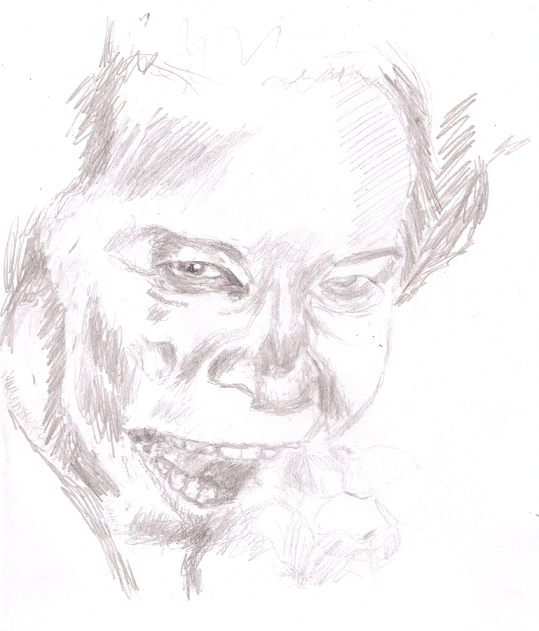Truth vs. Lies
I was raised to believe that honesty was important, and that lying was not
only immoral, but rare. Not exactly a complete picture of human relations.
I still believe honesty is important. What I have learned is that honesty
is much rarer than I believed it was twenty years ago - and lying, much more common.
Lying was a big no-no (or so I was told) when I was a kid. It defined you as a person; its
consequences were longterm. I eventually stopped doing it for fear of those consequences.
The question I've found myself asking is this: if we can get away with lying, then why can't
we get away with telling the truth?
The answer lies, I believe, in the concept of democracy. We in the western, democratic world
believe democracy is fundamentally good. If people don't want something, then it shouldn't be
that way. Therefore, if people don't want something to be true, it shouldn't be. If people
like the lie better, then the truth is immoral - because it violates democracy.
People always talk about how politicians lie. "He only said that to get elected; it was an
empty promise..." you often hear.
On the other hand, the guy (or girl) who didn't make that promise, didn't get elected. They failed
because they didn't say what people wanted to hear. Voters didn't validate the politician's promises;
they just knew what they wanted, and went with the candidate who they figured would more likely
deliver it.
People know politicians lie - and what's more, they keep voting for the ones that do, because people
want to be told what they want to hear. In a democratic world, how dare anyone tell you, "No". It
violates your democratic rights - your rights to get what you want.
I'm not saying I agree with this line of reasoning, but I believe it's the true explanation for the
habitual lying we see almost everywhere today. In a democracy, what people want is supposed to come
true. We are raised believing democracy is moral and superior. Therefore, it's moral - and superior -
to perceive the world as we wish.
I invite comments about this posting (or any other one): you can post them to
Joanna's Wall.
Do you agree with the reasoning stated herein, or disagree? Do you believe in cold, hard facts, or just opinions?
Is the truth actually democratic - or should it be, if it's not?
Our silent moderator for this debate is none other than Dr. Cal Lightman (played by Tim Roth) of the Fox
series Lie to Me.
Wikipedia was a source for this article.
 Home
Home





